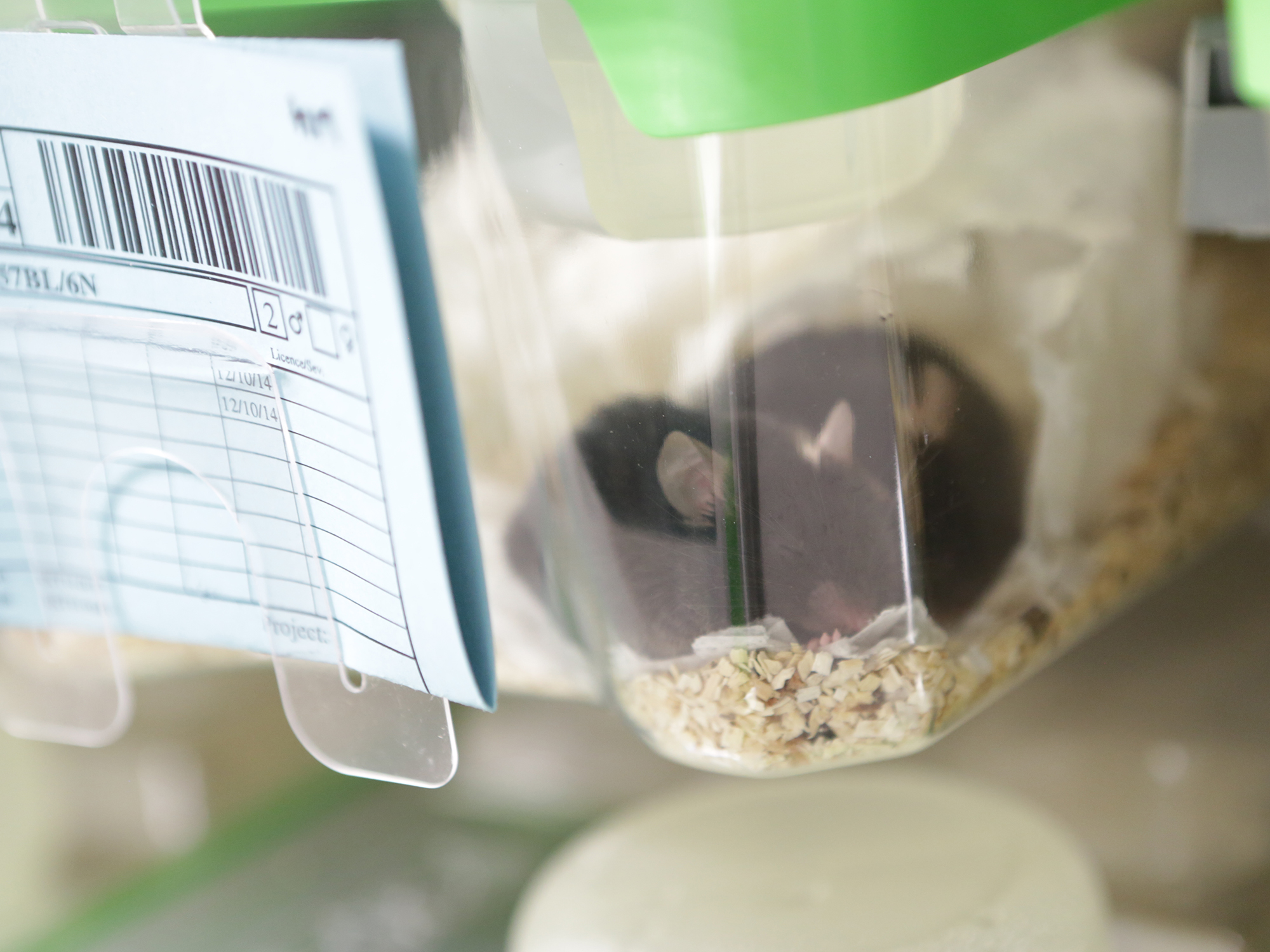Non-animal methods are compulsory components of the routine biomedical research strategy and make up the major proportion of research projects conducted at the LCSB. Indeed, EU law states that animals may only be used “where a non-animal alternative is unavailable”. Hence, animal research allows us to further advance in medical knowledge and treatments, where no alternative method can give answers.
Benefits of animal research
Animal research has played an important role in the development of almost every modern medicine, both for humans and animals. Despite many years of research, there are many common and incapacitating diseases that remain currently untreatable. Biomedical research can be a time-consuming process with no easy answers, but animal research helps to take us incrementally closer to cures for cancer, neurodegenerative diseases, epilepsy, and many other disorders.
Not every animal study will result directly in new therapies for patients. Firstly, researchers need to understand the specific biological mechanisms underlying a disease before they can explore treatments to target it. While it is in some cases not immediately obvious how research is relevant to alleviate human diseases, it often forms the basis for the development of new therapies in the future. As strictly regulated by the European Directive 2010/63/EU, approval of animal research can only be given if a clear need for animal research exists and there is no available alternative.
By law, it is not permitted anywhere within the European Union to test cosmetics or their ingredients, or import those cosmetic products that have been tested on animals.
